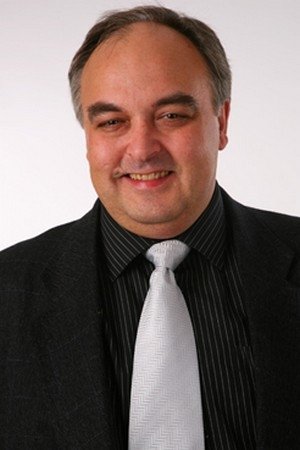

It tells the story of the Warsaw Uprising of 1944 through the eyes of a US airman, escaper from the Nazi Stalag camp and two young reporters, cameramen for the Bureau of Information and Propaganda of the Polish Home Army. Their mission: documenting the Uprising by shooting newsreels for the “Palladium” cinema. Looking for the right shots, they go deeper and deeper – literally and figuratively – into the heart of the Uprising. Traumatic truth becomes obvious. Aware of being witnesses of indescribable events, they realize their duties: to document them and preserve the rolls of film at any cost…
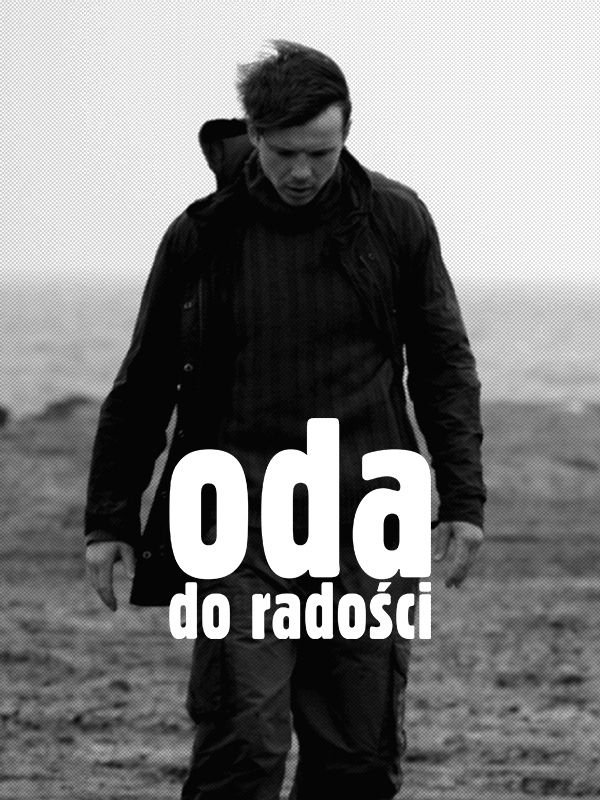
Three stories of young disillusioned Poles of different background and region of origin. What binds them together is that they all meet on the bus to London shortly after Poland's entry into EU.
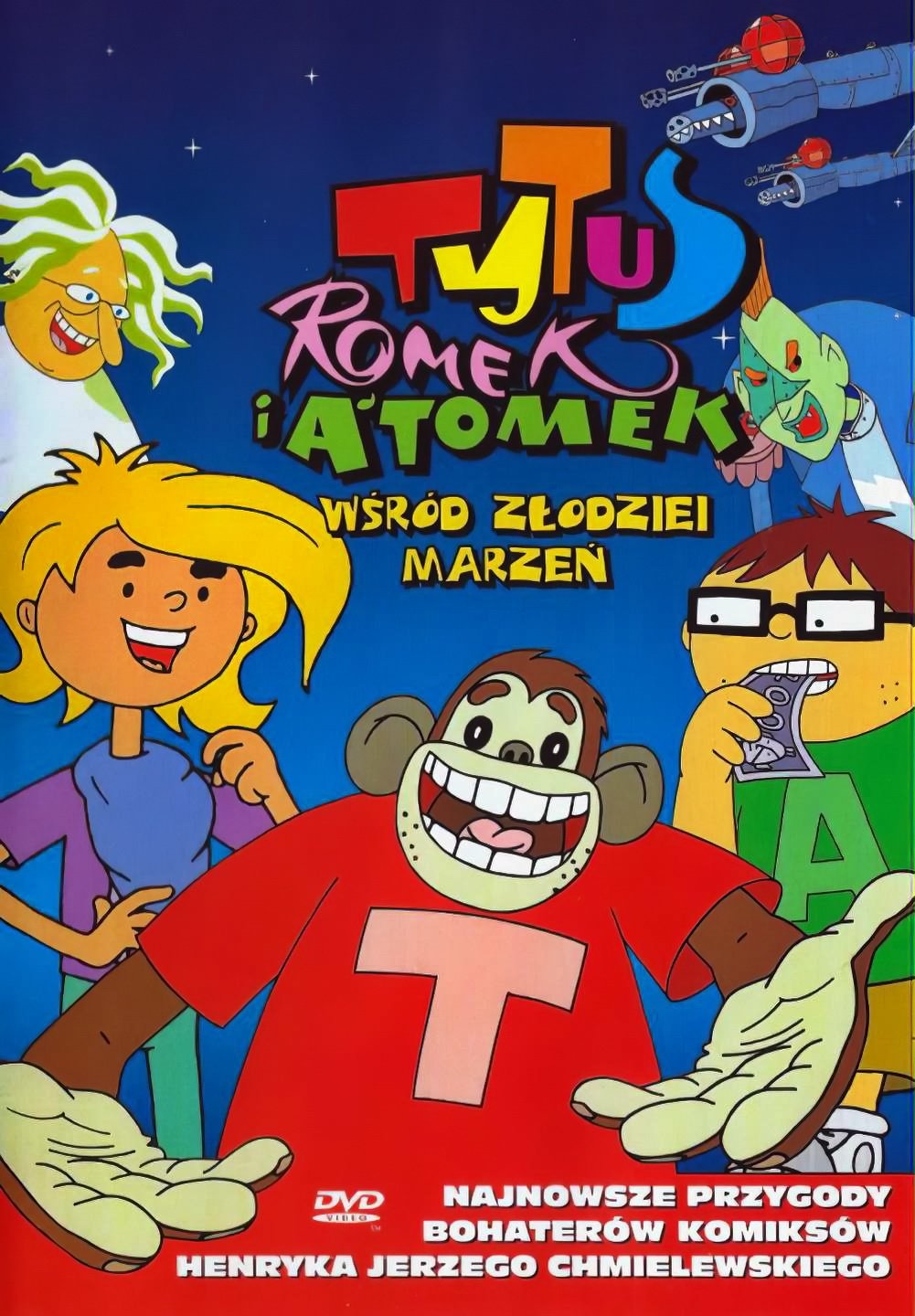
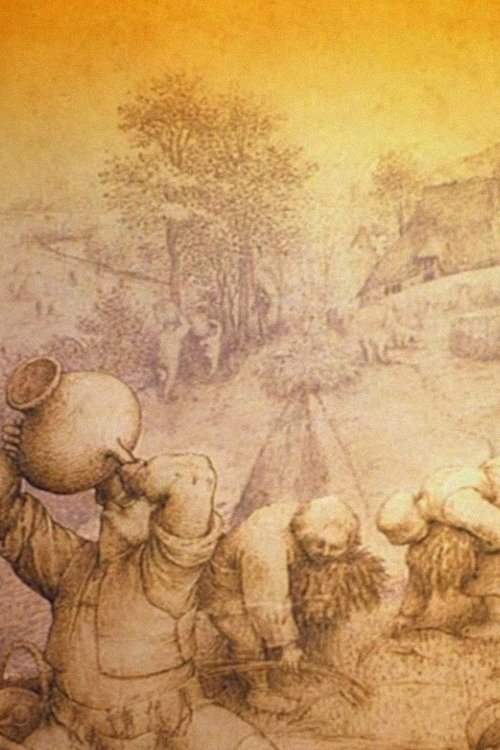
The protagonists of the film are three brothers: Eino, Aho and Laje. The brothers live from the cultivation of the family land. Eino works from dawn to night. Aho likes to spend time playing at a nearby inn. Laje once helps Eino, and once accompanies Aho. Once Aho gets cheated by playing dice and losing his family land. The brothers set off in search of a job. They reach a road fork. Eino wants to go left, Aho to the right, and Laje agrees once with one, once with the other brother. The brothers, unable to convince each other for their reasons, start a great quarrel.
The writer Zbigniew takes part in a psychotherapeutic session, during which he tells his story.
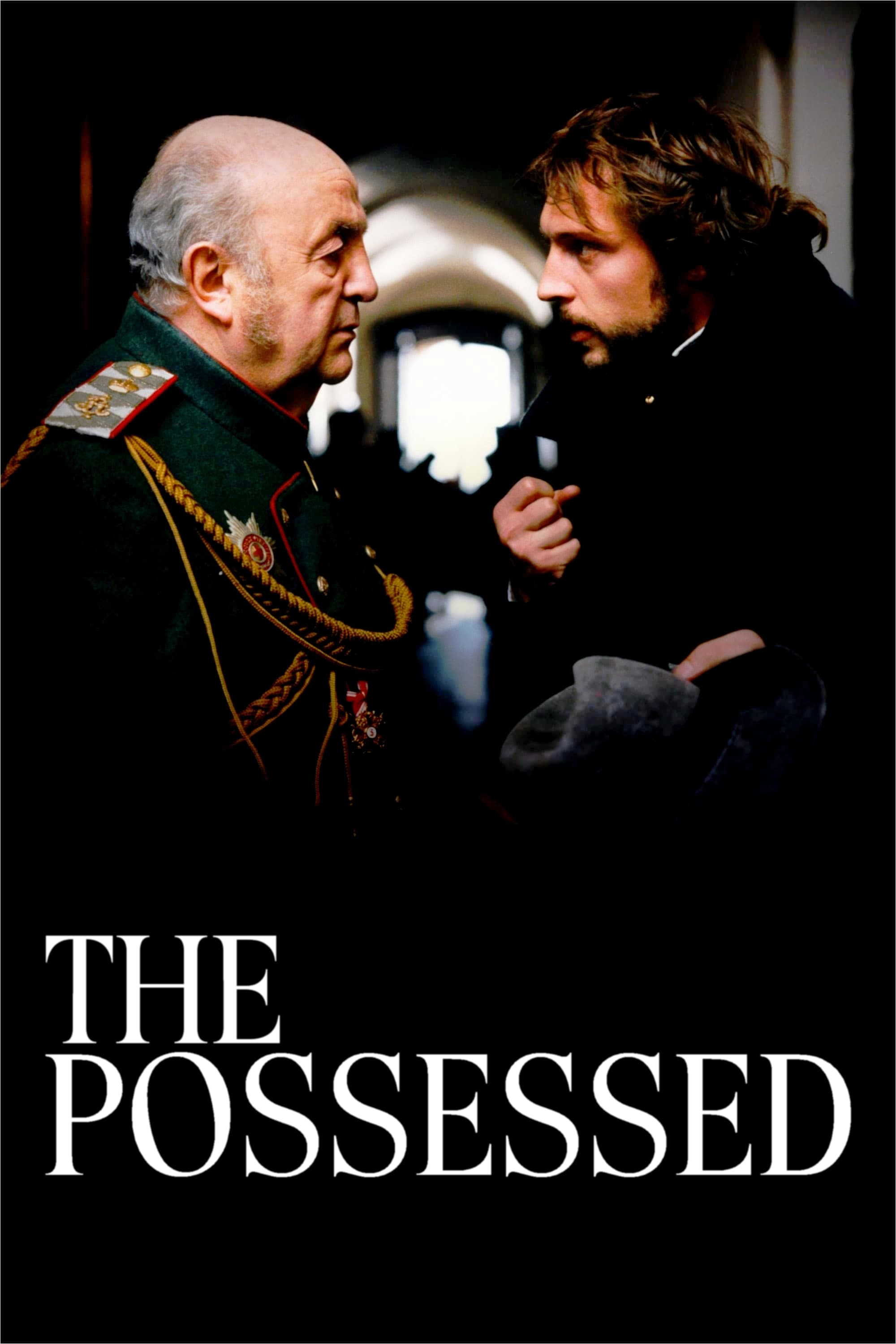
Russia, 1870. A group of young anarchist revolutionaries set out to overthrow the Czarist regime through violence. Their attacks create a climate of psychosis and mutual distrust among the population, but in reality, both revolutionaries and repressors are being manipulated by a diabolical individual.
Roberto is a young Cuban who is visiting Poland. And times are not merry - the Cuban conflict is about to begin. His stay is not successful, so Roberto returns to his country.
By browsing this website, you accept our cookies policy.